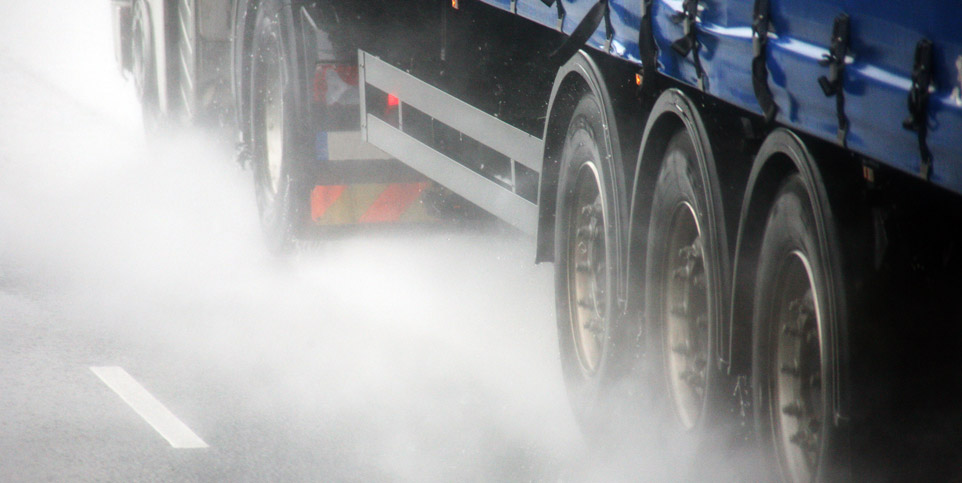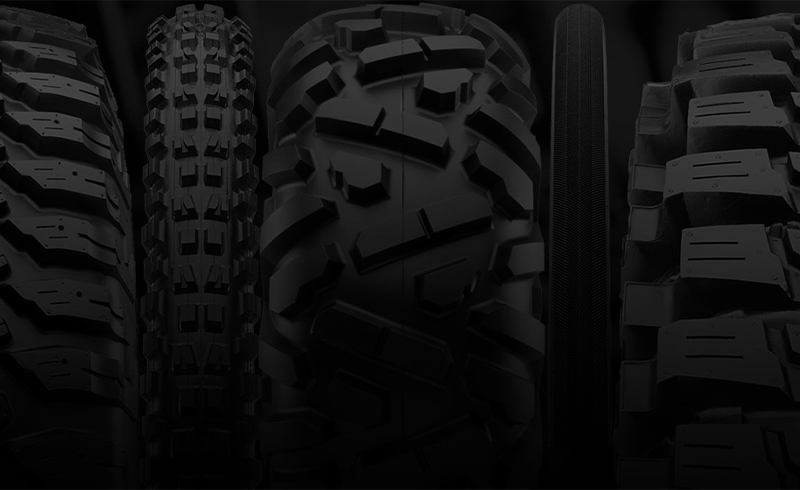Why HGV Tyres are Important
Tyres are of fundamental importance to road safety as they provide the only contact a vehicle has with the road. Basic checks such as making sure tyres are correctly inflated can make all the difference, as the pressurised air inside an HGV tyre has to support the weight of the vehicle and its load.















